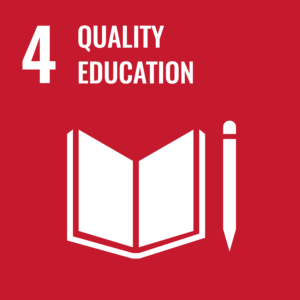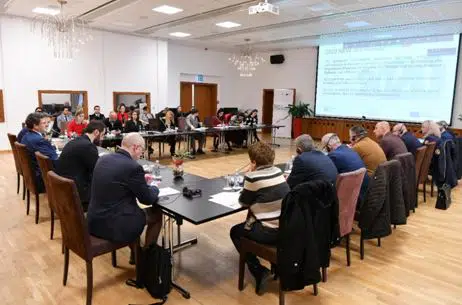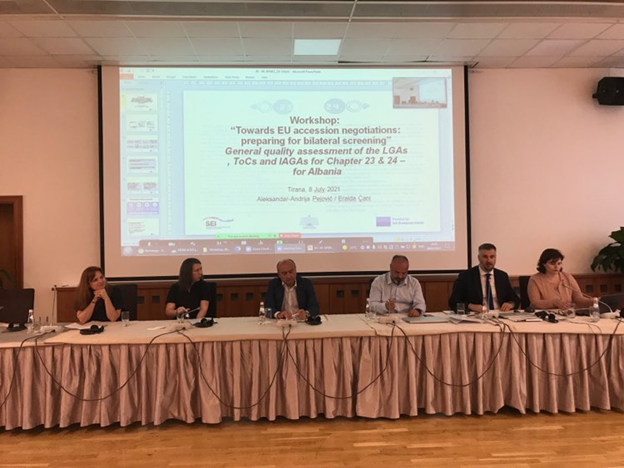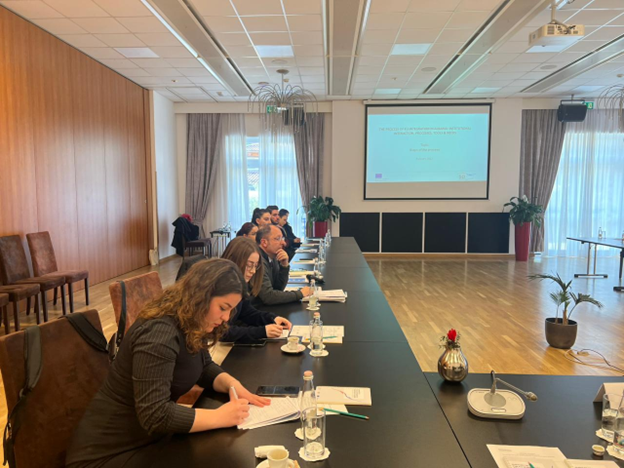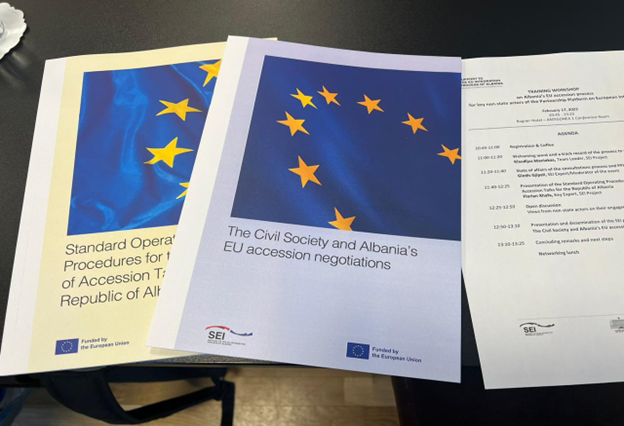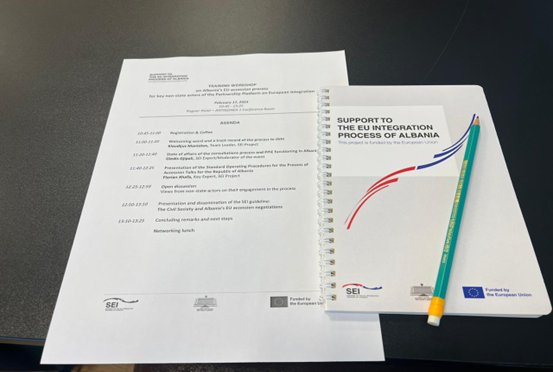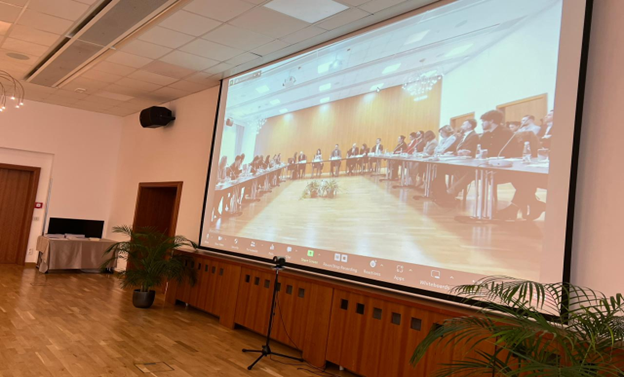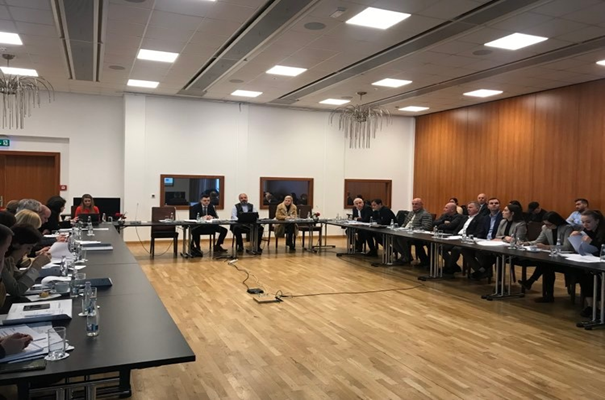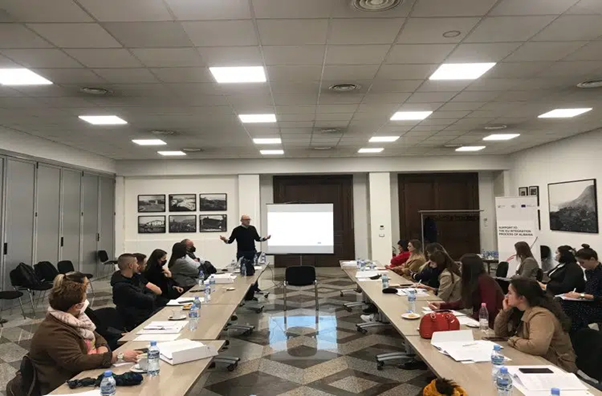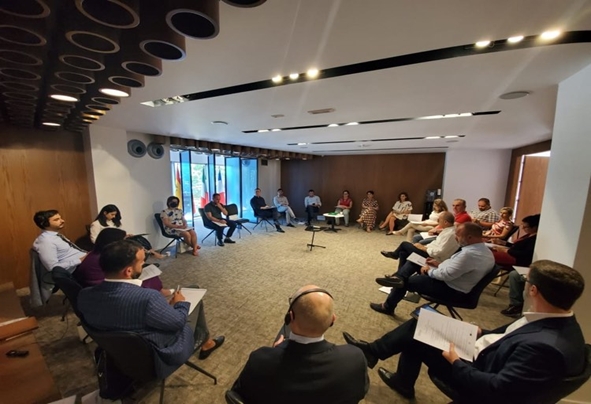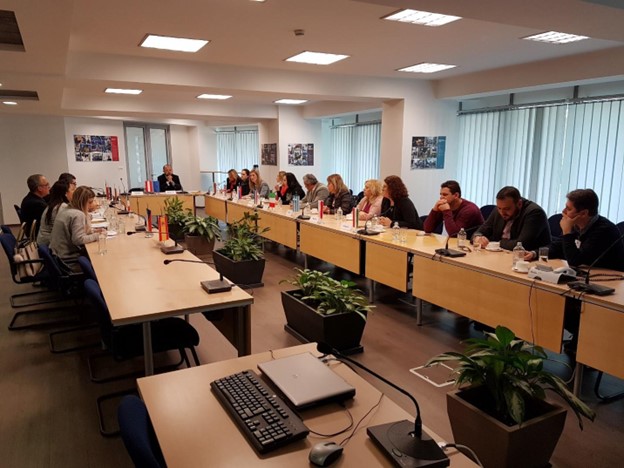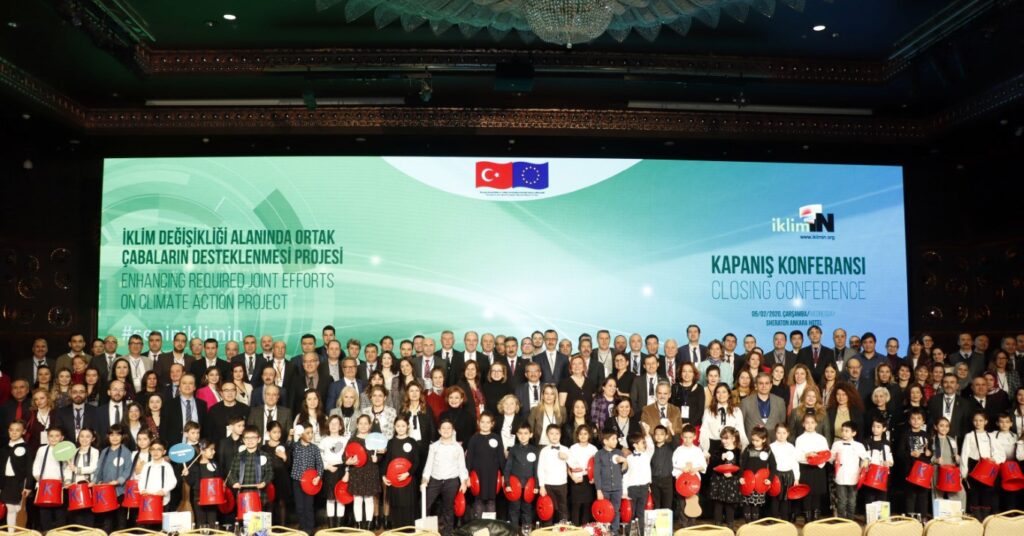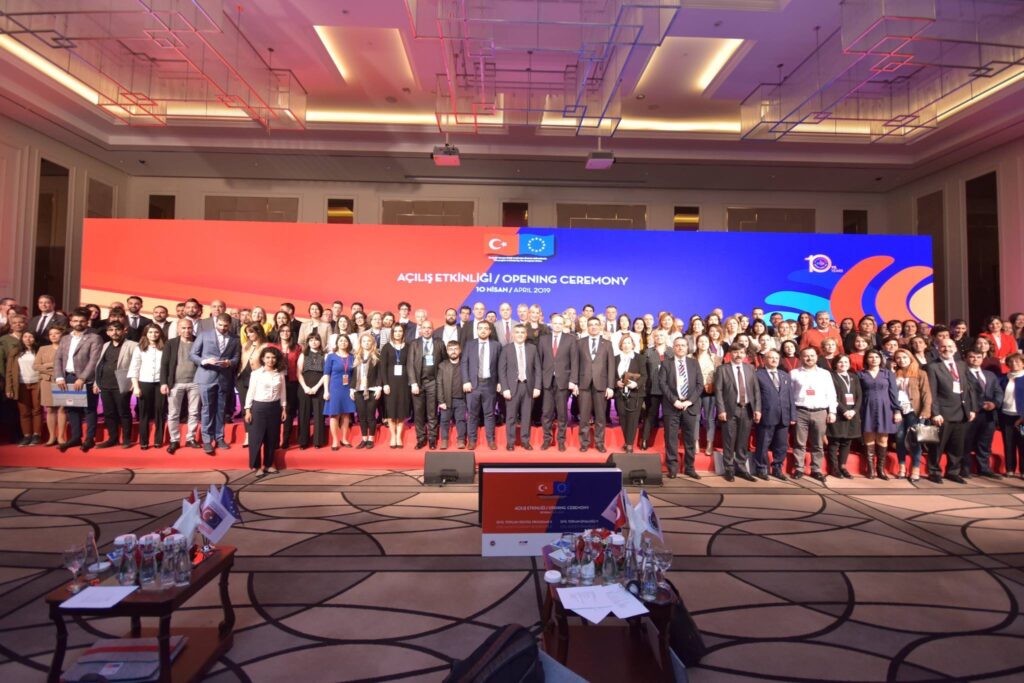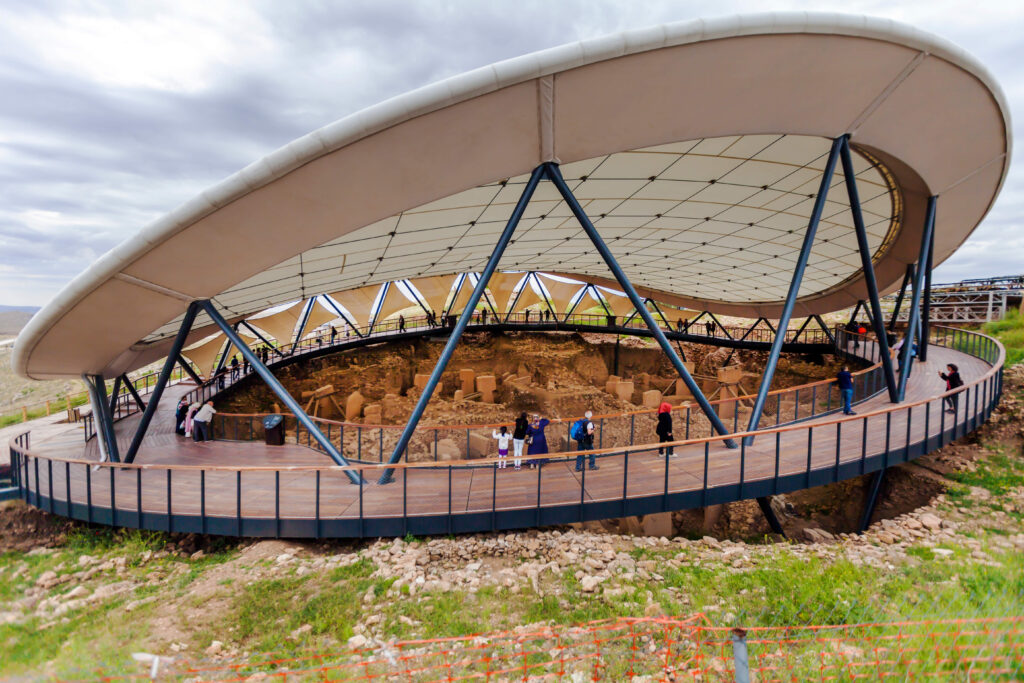We Support Albania In Its Path Towards The European Integration
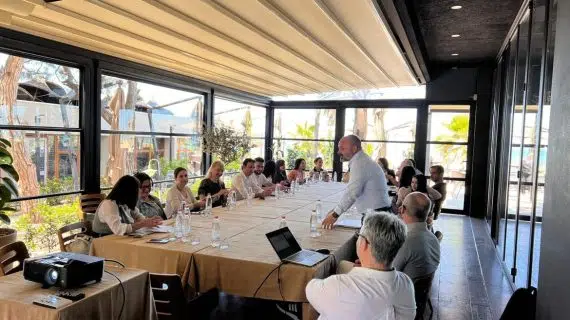
WEGLOBAL IMPACT STORIES
EU – SUPPORT TO THE EU INTEGRATION PROCESS OF ALBANIA
The Republic of Albania became a potential candidate country for EU accession following the Thessaloniki European Council of June 2003 and in June 2014, Albania was granted candidate status. With our project in Albania we helped the institutions to advance the European integration through the preparation towards the accession negotiations, preparation for the bilateral screening with the EU, especially in the cluster of fundamentals, by improving the preparatory tools and capacities, in order for institutions get equipped with necessary skills and ways to walk on this path.
BILATERAL SCREENING PREPARATION
We dealt with the tools, particularly assessing and improving Legal Gap Assessments and Institutional and Administrative Gap Assessments, and prioritization of further alignment with the EU standards. In addition to the regular tools, we aimed at focusing attention at the implementation and its record, and to the data attesting to it. Our focus was the capacity building for the conduct of the bilateral screening in the cluster of fundamentals. Several sectoral interventions were conducted, all to advance implementation of the National Plan for European Integration.
SECTORAL FOCUS
While our substantial focus initially agreed went beyond the cluster of fundamentals, and the quality check as well as improvement of tools was undertaken in 11 chapters, on the later stage the project has focused on the cluster of fundamentals, including previously excluded areas of (the non-numbered chapters of the Acquis), such as Functioning of Democratic Institutions, Economic Criteria and the Public Administration Reform.
We did what we promised
The project’s input was translated into its main desired target, namely, the initial phase of the bilateral screening phase of negotiations (fundamentals) completed and European integration progress in Albania recognized.
We delivered more than planned in conducting simulation exercises which proved to be the most demanded form of assistance in the latest stage.
Concrete steps in the field: Around 140 presentations from Albanian Institutions were reviewed and around twenty simulation exercises were held, which helped to successfully complete the exercise (final bilateral screening in the cluster of fundamentals in the area of democratic institutions), which was positively evaluated by the EC services; Alignment of Albanian legislation with the acquis progressed from moderate to, in some cases, good level, as evaluated by the 2022 annual progress report of the EC services; Eight bilateral screening meetings were successfully held, as targeted; Preparatory meetings with the participation of civil society were held in chapters 18, 23, 24, and 32; the cumulative number of trained members of relevant institutions was much higher than foreseen (853 instead of 200, not counting on-line participants) due to a focus on capacity building during the last stage of the process.
We have completed/prepared – Quality check; Law harmonization methodology and trainings; Institutional capacity assessments and costing; Partnership Platform; Sectoral facility to work on missing ToCs, LGAs, IAGAs, legal drafting, advice on implementation and enforcement; Horizontal advice and trainings on negotiations; Further improvement of bilateral screening tools: LGAs, IAGAs, and implementation data in particular; Trainings and advice for bilateral screenings (19 MoCK exercises on the preparation of bilateral screening presentations and respective information; emphasis on capacity mapping and building).
We have supported – preparation of the Albanian version of the Acquis; institutional structures and management (Methodology for Management Information System (MIS); preparation of the Albanian version of the Acquis (assistance in approval of the DCM); institutional structures and management (Preparation of the flowchart enabling the set of the software for Management Information System (MIS); negotiating positions (support to bilateral screening presentations and the rule of law, PAR and FDI road maps); SAA facility (through monitoring implementation).

